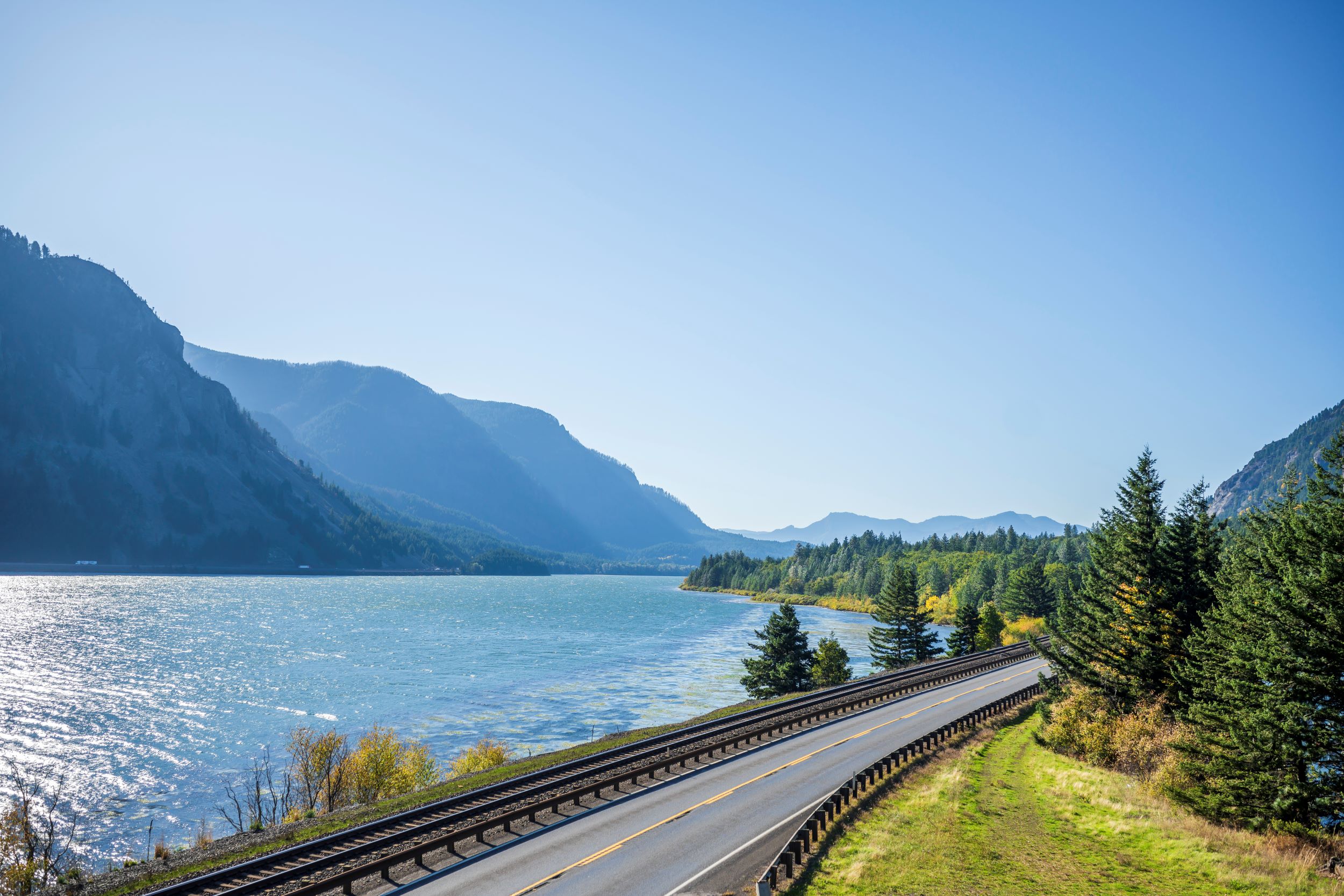As fall and winter make their arrival in Washington, many of us don’t only dread the dreary weather, but also the arrival of the gas or electricity bill. Blissfully low during the summer months, cold-season utility bills can harbor their share of not-so-pretty surprises.
Of course, the biggest energy savings happen if you replace existing furnace, appliances, windows or car with brand-new and ENERGY STAR approved models… But that’s not always an option. That’s why we’ve gathered a few tips that work with what you’ve got, and help you be more mindful (and frugal) with your energy expenditures.
1. Heating
The biggest culprit in your home’s energy budget: At 43% , a warm home accounts for almost half of your energy bill. At this price for warmth, it pays to jealously watch it.
- Don’t let it leak. Caulk, seal, weatherstrip and close any seams, cracks and openings.
- Give your ducts some TLC: Ducts that run from your furnace through unheated or uninsulated areas – such as the attic or crawlspace – are likely to lose a portion of their warmth before it arrives in your living room. Also, keep them clean and in good shape: Ducts that don’t work properly can create carbon monoxide problems. Consult a professional for proper insulation and maintenance of your home’s ducts.
- Clean and/or replace furnace filters monthly, or as needed.
- Clean baseboard heaters and make sure they aren’t blocked – dirty and blocked heaters are not only a fire hazard, but also an energy-zapper.
- Set your thermostat as low as comfortable… and wear an extra layer.
2. Water Heating
Basically, there are four ways to lower your water heating bills:
- Use less hot water
- Use water that’s less hot – lower the thermostat to 120 degrees F
- Insulate your water heater following manufacturer’s recommendations (don’t cover the thermostat or burner compartment)
- Buy a new, more energy-efficient model
Some extra tips include
- Following manufacturer’s advice, drain a quart of water fron the tank every 3 months to remove sediment that impedes heat transfer and lowers your heaters efficiency.
- Adjust the faucet lever on your kitchen sink to the “cold” position when using only small amounts of water. Setting it to the “hot” position uses enery to heat the water, even though the water does not flow out the faucet. Who would have thought!
3. Windows
They let beautiful views in – and unfortunately, also, the warmth out. If replacing all the single-pane windows in your home with ENERGY STAR certfied double-pane windows is just not an option, there are still a few things that you can do to improve your windows’ performance:
- Install interior or exterior storm windows – they can reduce heat loss by 25-50%.
- Install shades or curtains: Close them at night, open them during the day to let the winter sun in.
- Tape clear plastic sheets to the inside of the window to increase insulation. Keep n mind to create a tight seal.
4. Lighting
Upgrading your lamps from incandescent light bulbs to energy-saving compact fluorescent light bulbs (CFLs) is quite possibly one of the fastest and easiest ways to save energy in your home. CFLs last 6 to 12 times longer than ‘standard’ light bulbs, and even though they are more expensive initially, they end up costing less due to how little energy they use.
Did you know that only 5%-15% of an incandescent bulb’s energy is actually used for light, whereas 85% – 95% are lost through heat?
5. Appliances
Refrigerator, washer and dryer are the biggest energy consumers in an average household. If you are in the market for an upgrade, keep in mind that a more expensive, ENERGY STAR certified model will lower your electricity bill in the long run and save you more than an initially lower-priced, high-energy model.
- Don’t set your refrigerator too cold – a temperature between 37 and 40 degreese F for the fresh food compartment and 5 degrees F for the freezer compartment is recommended.
- Don’t store food uncovered – cover it with lids or saran wrap to contain moisture. Excess moisture in your refrigerator forces the compressor to work harder.
- Defrost manual defrost refrigerators and freezers regularly. Frost buildup decreases the energy efficiency of the unit. Don’t allow frost to build up more than 1/4 inch.
- Make sure your refrigerator door seals are tight. Insert a dollar bill partly into your frige door, and close the door. If you can easily pull the bill out, the seals are too weak and should be replaced.
- Wash your laundry in cold or warm water. The hotter the water, the higher the energy use.
- Don’t over-dry your clothes – use the moisture sensor of your dryer, if you have one.
- Cleaning your dryer’s lint filter before each new load does not only prevent a fire hazard, but it also increases its efficiency by improving air circulation. (The same is true for your dryer vent – check and clean it periodically.)
6. Home Electronics
Did you know that many home electronics continue to draw a small amount of energy even when they are turned off – just by being plugged in? This is called a “phantom load”. It can be avoided by unplugging the appliance, or by plugging TVs, DVD players, stereos, or computers into a power strip. Cut all power by swtiching off the power strip.
- Did you know that ENERGY-STAR labeled office equipment brings, on average, a 50% energy savings compared to standard equipment, and can even save up to 90%?
- It is a common misconception that a computer lasts longer if it’s never (or only rarely) turned off. This may have been true for older mainframe computers, but is no longer a correct assumption.
- Screen-savers are not energy-savers. To save energy, set your computer to sleep mode, or turn it off.
- A laptop uses less energy than a desktop computer.
- Unplug chargers when batteries are fully charged, or when the charger is not in use.
Source: www.energysavers.gov

